Our Team
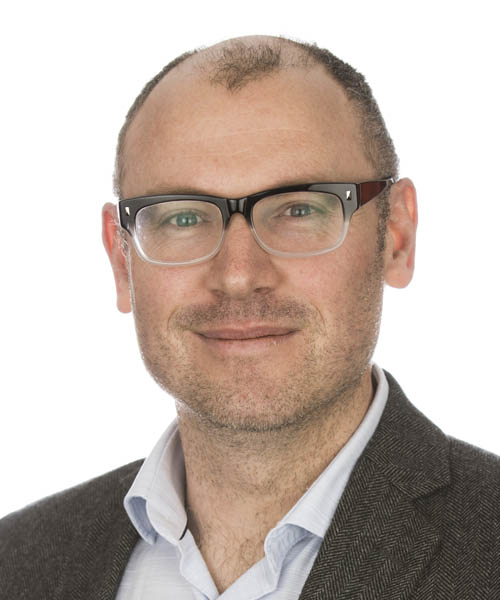
Associate Professor Mike Armour
A/Prof Mike Armour leads the Menstruation Matters project. Mike is an Associate Professor in Reproductive Health, based at NICM Health Research Institute, having completed his PhD in 2016. He is the Chair of the Endometriosis Australia Research Committee, Chair of the Endometriosis Australia Clinical Advisory Committee, a member of the RANZCOG endometriosis expert working group (EEWG) and an ambassador for the World Endometriosis Society. He is also part of the team behind the Western Sydney University whitepaper “What’s the Bloody Big Deal? How your workplace could benefit from normalising menstruation” and ranked as the #1 expert in the world on dysmenorrhea (period pain) by Expertscape. Mike has published over 100 academic papers, journal articles and book chapters on female and reproductive health, and is currently leading three large clinical studies on endometriosis and period pain. Mike has received a number of awards for his work including joint first prize in the WSU Research Impact competition in 2018 for his work on developing a smartphone app to reduce period pain, and was highly commended in the Vice Chancellors Early Career Researcher awards in 2020. The Menstruation Matters project won WSU’s Dean’s Excellence Award for Interdisciplinary research in 2021.
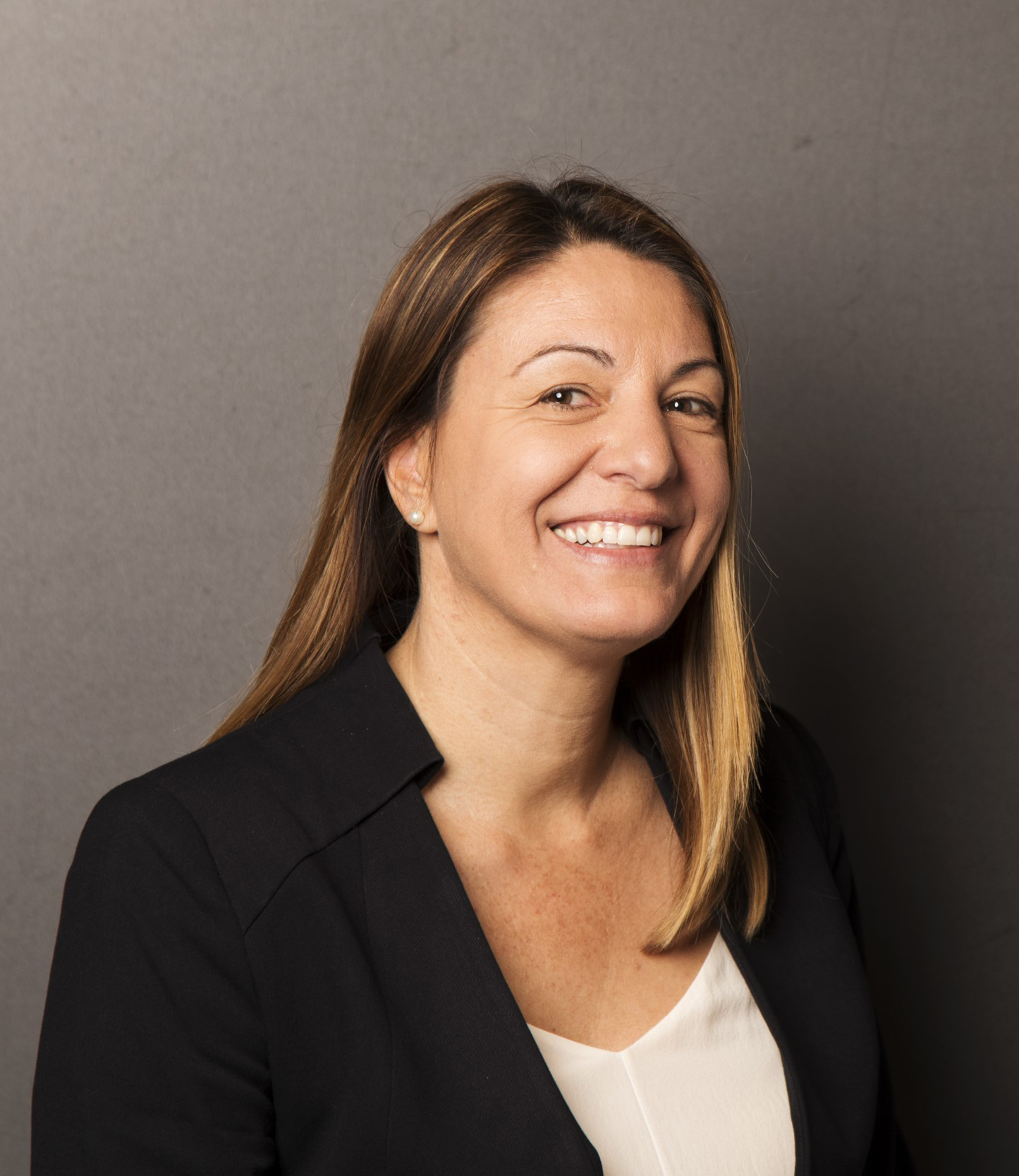
Dr Christina Curry
Dr Christina Curry is currently a senior lecturer and researcher in the field of Health Education & Physical Education with a focus on curriculum and pedagogy. Her work extends to the effectiveness of health interventions within secondary schools with funded projects in menstrual health education. She recently led an Endometriosis funded grant exploring perspectives of youth, parents and teachers on menstruation, endometriosis, and menstrual health education. A WSU VC Excellence in Research Interdisciplinary Group Award attests to the significance of the multi-disciplinary team in menstruation research.
Previously Christina was Director of the WSU Secondary teacher education program where she was responsible for managing large projects on curriculum reform a former Head of a HPE department for the NSW Department of Education and taught in Secondary Schools for 14 years.
Christina has worked with the NSW and SA Department of Education and NSW Education Standards Authority (NESA) toward improving health and physical education curriculum. She has been an invited keynote with Australian Council Health, Physical Education and Recreation (ACHPER) on health curriculum and pedagogies and was a board member on the National board.
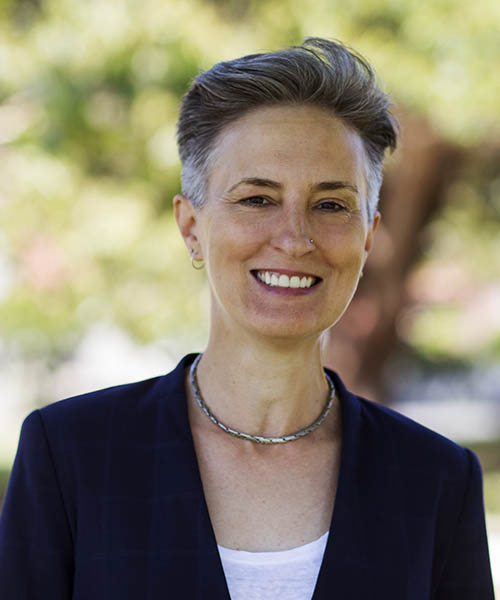
Associate Professor Tania Ferfolja
Associate Professor Tania Ferfolja is Associate Professor in the School of Education and Centre for Educational Research. Her research focuses on gender and sexuality diversity in education, particularly as it pertains to policy, curriculum, pedagogy and practices, across primary, secondary and tertiary institutions. She recently led and co-completed an Australian Research Council-funded project entitled, “Gender and Sexuality Diversity in Schools: Parental experiences and schooling responses” (DP108101676); a range of outputs from this research can be located at https://www.westernsydney.edu.au/gsds. Tania has also been working with colleagues from NICM and the School of Education to undertake research into menstruation and dysmenorrhea, particularly in relation to young people and their access to meaningful education in this area. She is a highly productive researcher; over the last five years she has published/co-published 1 book, with another under contract, and has a fully-revised third edition of a co-edited book in press; 18 journal articles (published/ in- press); 9 reports and 2 book chapters.
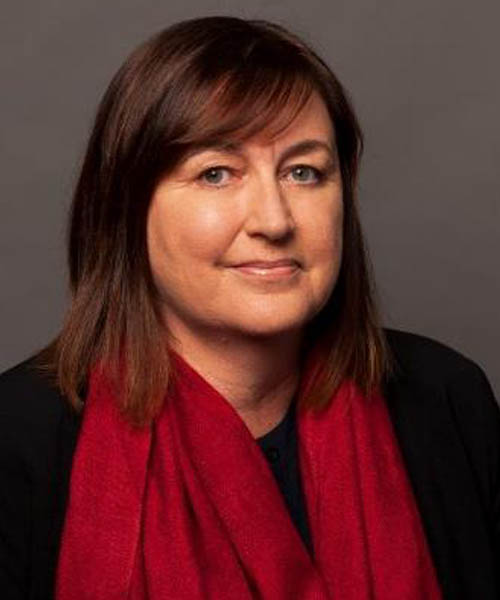
Distinguished Professor Kathryn Holmes
My research focuses on improving schooling, particularly in disadvantaged schools and in the STEM disciplines. I began my career as a secondary teacher of chemistry, physics and mathematics before joining the University of Newcastle as a Lecturer in 2001. Since joining Western Sydney University as Professor in Education in 2016 I have also held the role of University Theme Champion for the university-wide interdisciplinary research theme: Education and Work (2016-2018) and Director of the Centre for Educational Research (2018-2023). My main research contributions have been in the fields of teacher education, mathematics education, educational technology, educational equity and student well-being.
I have received more than $6 million in research funding, including an Australian Research Council linkage grant with the NSW Department of Education, focused on understanding and support students’ educational and career aspirations. This project has led to further work focused on gender issues in education and ways to address gender inequality in educational outcomes including addressing disparities in girls’ menstrual health literacy outcomes.
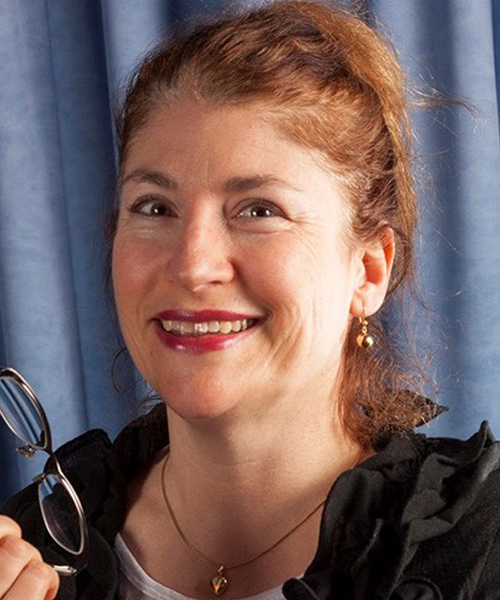
Ms Melissa Parker
Melissa Parker is the Endometriosis Nurse Coordinator and Researcher at the Canberra Endometriosis Centre based at the Canberra Hospital. This role encompasses clinical screening, research and education for teenagers and women with period pain, pelvic pain and endometriosis.
Melissa’s professional background has included operating theatre nursing, midwifery, ACTHMRC Research Fellowship, Masters in Nursing by research, as well as project and policy work in the ACT Office of the Chief Nurse before her current role.
Melissa’s areas of research have focused on early diagnosis of endometriosis in teenagers and development of the PIPPA (Period ImPact and Pain Assessment) tool; innovative screening, education and management of endometriosis; and the long term impact of endometriosis on women’s lives. This research has been presented at the last five World Congresses on Endometriosis and published internationally, including the British Journal of Obstetrics and Gynaecology.
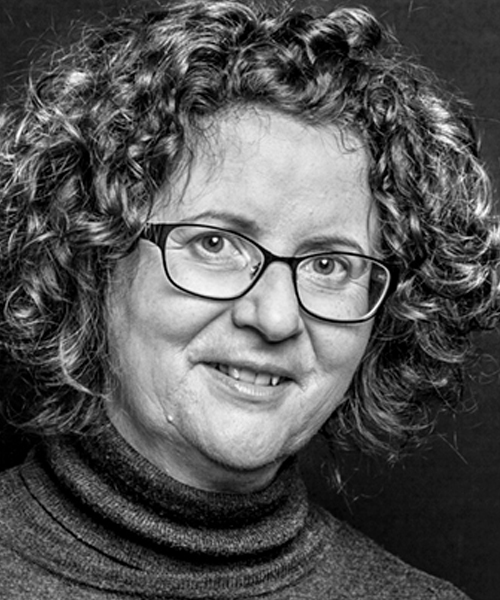
Professor Caroline Smith
Emeritus Professor Caroline Smith is a clinical researcher and leading academic in the area of complementary medicine at Western Sydney University. She has made a significant contribution to the undertaking of high quality clinical acupuncture research in relation to women’s health and achieved consistent success with obtaining funding to undertake collaborative research in the areas of pregnancy, gynaecology and reproductive health, including four NHMRC Project grants.
Caroline has published over 200 peer reviewed articles and book chapters, including high impact journals; JAMA, the Lancet, Cochrane Systematic reviews, Fertility and Sterility and Obstetrics and Gynaecology. Her work has over 5,177 citations, she has a H index of 39 (Scopus), and Goggle Scholar 38. Caroline is an Editor with the Cochrane Menstrual Disorders and Subfertility Group, Advisory Board member of the Cochrane Collaboration’s Complementary Medicine Field and Board member of the Australian Psycho-social Society of Obstetrics and Gynaecology.
Caroline has been recognised with awards including; in 2019 the League of Scholars ranked Australia’s top researcher in Alternative and Traditional Medicine, and in 2015 was the winner of the Western Sydney University Vice-Chancellor’s Excellence Awards, Excellence in Research.
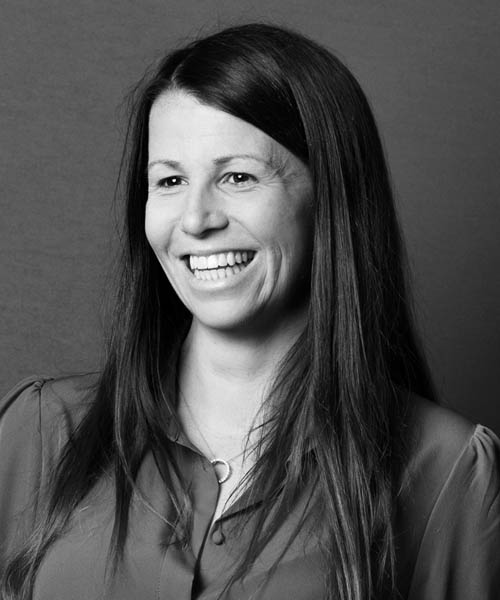
Associate Professor Freya Macmillan
Freya is Associate Pro Vice-Chancellor, Research, at Western Sydney University, where she leads the undergraduate Health Promotion program. She is an international leader in diabetes prevention and health promotion program co-creation, implementation, evaluation and translation into ongoing policy and practice. Towards her research, she has secured >$8.2M project funding, resulting in 61 peer reviewed publications and 14 prizes and awards since completing her PhD in 2013. Her prizes and awards have included winning the Western VC Excellence as an ECR award (2019) and the Western Research Impact Competition (2020).
She is Deputy Director of the Diabetes, Obesity and Metabolism Translational Research Unit (DOMTRU) at Western Sydney University and is co-lead the Sydney Partnership for Health, Education, Research & Enterprise (SPHERE) Diabetes, Obesity and Metabolic disorders Clinical Academic Group (CAG) Prevention working group, as well an executive member of the overall CAG. In these roles, she leads research focused on developing community-based lifestyle programs, particularly models incorporating peer support and for underserved communities, for the prevention and management of diabetes and in collaboration with those receiving and delivering these programs. Freya is a registered health promotion practitioner and as a Board member of the Australian Health Promotion Association (AHPA), she has provided leadership in initiatives such as the development and implementation of AHPAs online journal club for health promotion professionals – one of the first public health professional associations worldwide and first nationally to initiate an online journal club.

Dr Mathew Leonardi
Dr Mathew Leonardi is an expert in complex gynecology, endometriosis excision surgery and gynaecological ultrasound at McMaster University Medical Centre in Hamilton, Canada. He is an honorary adjunct lecturer at the University of Adelaide. His philosophy of care includes working in an interdisciplinary team and patient-centred decision making. He has been awarded his PhD from the University of Sydney which is focused on the utility of ultrasound in the diagnosis and surgical management of endometriosis.
Dr Leonardi is a nationally and internationally recognized leader in his field. He has published over 90 peer-reviewed scientific articles, several textbook chapters, and presented at numerous international congresses on endometriosis. He has received numerous awards for his conference presentations on endometriosis. He is an avid researcher, actively contributing academically to the advancement of gynecologic health.
Dr. Leonardi is on the World Endometriosis Society Early Career Board and a founding member of the Next Generation Committee at the International Society of Ultrasound in Obstetrics and Gynecology. He is currently contributing to the Clinical Practice Guidelines on Endometriosis for the Society of Obstetricians and Gynaecologists of Canada. He is an Associate Editor for Reproduction & Fertility and on the Editorial Board for the Journal of Minimally Invasive Gynecology, Ultrasound in Obstetrics and Gynecology, and the Journal of Obstetrics and Gynaecology of Canada. He is part of an international research group named Imagendo, which won the most prestigious science award in Australia, the 2023 ANSTO Eureka Prize for Innovative Use of Technology.
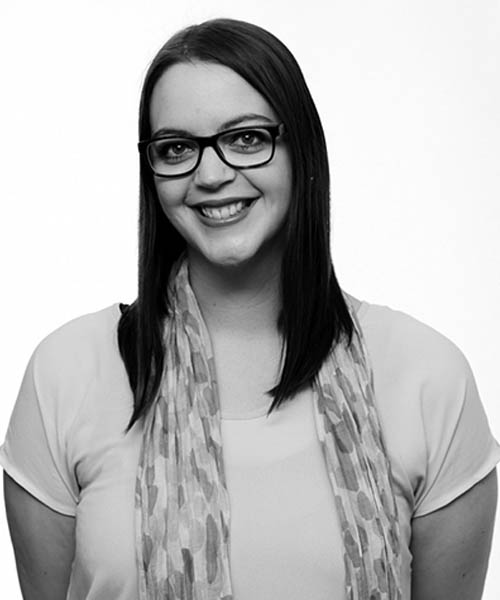
Dr Alex Hawkey
Dr. Alex Hawkey is a Senior Research Fellow in women’s sexual and reproductive health, based at the Translational Health Research Institute, Western Sydney University (WSU). She is an investigator on research grants totalling more than three million dollars, including being an NHMRC Emerging Leadership Fellow. She serves as a board member of the Society for Menstrual Cycle Research and the Australian Society for Psychosocial Obstetrics and Gynaecology and is the co-academic lead for Western Sydney University’s Menstrual Cycle Research Network. Dr. Hawkey is also an Associate Editor of the journal Women’s Reproductive Health.
Dr. Hawkey’s research sits at the intersection of public health and cultural inquiry, exploring inequities in sexual and reproductive health experienced by marginalized groups of women. She has a particular interest in how cultural and religious beliefs and practices affect migrant and refugee women’s experiences of menarche, menstruation, menopause, and fertility decision-making. Dr. Hawkey is an investigator on a project exploring the impact of endometriosis on mothering and family relationships, a supportive text message intervention named EndoSMS for women with endometriosis and works as part of a larger team to examine workplace policies for people with endometriosis. Additionally, she is a co-author of the whitepaper entitled “What’s the Bloody Big Deal? How Australian schools and workplaces can benefit from and help break the menstrual taboo.”
Dr Hawkey undertakes participatory research, ensuring the co-design of research projects and broader health interventions with community members and healthcare professionals. She brings new perspectives to women’s sexual and reproductive health through the adoption of arts-based research methods, including body mapping and photovoice. Her work has been translated into healthcare professional guidelines and training, exhibitions, online consumer resources, and is cited by key industry bodies, including the WHO.
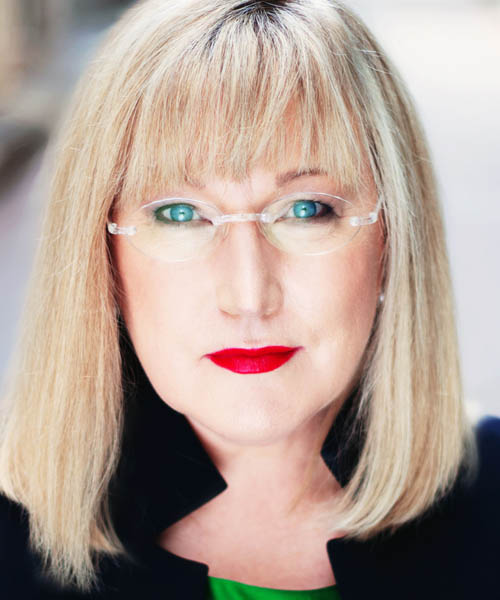
Ms Donna Ciccia
Donna is the Co-founder and a Board Director of Endometriosis Australia and was named in the 2018 Australian Financial Review’s 100 Women of Influence and Blackmore’s Women & Wellness – ChangeBeing for 2019 and a finalist for NSW 2021 Women of the Year Awards, Community Hero. Donna is a Member of the Federal Endometriosis Advisory Group for the Implementation of the National Action Plan for Endometriosis. She is a Director of the Australian Traditional Medicine Society (ATMS) and is an Australia Day Ambassador.
Donna’s personal experiences motivated her to set up Endometriosis Australia. Her goal is to pay it forward for the next generation of women so that successful treatment and cure can be found. Endometriosis Australia was borne out of the need to make a change for the 830,000 patients living with endometriosis in Australia. Her work with Endometriosis Australia has led to the development of the ‘Friends of Endometriosis Parliamentary Committee’, a Federal bipartisan approach to ending the silence on endometriosis. Donna has been invited to speak on medical, research and public discussion panels both nationally and internationally.
Donna is currently a higher degree candidate at NICM, Western Sydney University completing her Masters in Research.
Acknowledgements:
Thanks to Dr Kelly Parry, Dr Carolyn Ee, Dr Sarah Duffy, Dr Michelle O’Shea and Ms Alice Mitchell for their contributions to this site.
